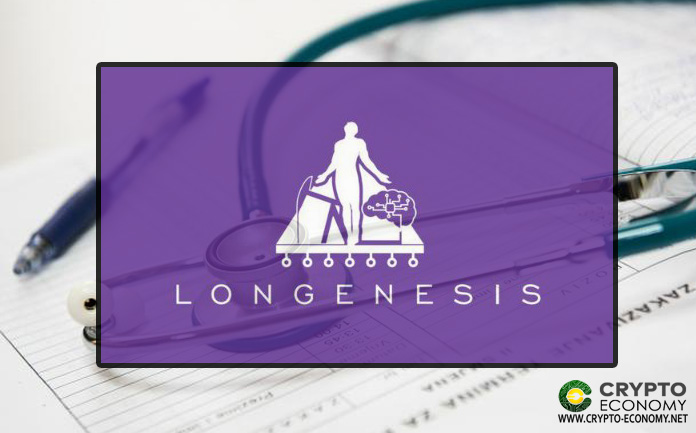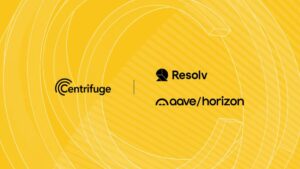In its bid to provide medical institutions with a platform that can help them comply with data compliance regulations in place, Longenesis has signed up Infinity Care and Hanshin Medipia Medical Center. The latter are medical centers based in South Korea and are coming onboard of Longenesis medical consent platform. The two join Korea’s Terragene and Incheon-based Gil Medical Center already working relationship with Longenesis. With the addition of the new partners, Longenesis now works with four medical centers in South Korea.
Apart from bringing together two new firms, through the partnership, the four firms will also be working with Bitfury. The latter is in place as the provider of the decentralized framework, which powers Longenesis medical blockchain platform. The latter platform is built on Bitfury’s Exonum blockchain platform through Rust programming language. Through Longenesis having an exclusive license to use the Bitfury’s Exonum blockchain platform, we now have the medical content platform.
Benefits of the Platform
While the above describes the details of the partnership, the primary goal of having the platform is to streamline data management in the medical sector. With Bitfury’s Exonum platform built with auditable, transparent, and top-notch security features, the four centers stand to gain from using the blockchain platform. Furthermore, the platform will help streamline patient on boarding and ongoing care through leveraging its extended blockchain toolkit to their advantage.
Through taking advantage of the toolkit quality assessment module and patient dashboard, B2C interface, and consent management tool, the four firms will achieve a lot.
First management and tracking of user’s consent during medical trials and individual studies will be easy. Secondly, through the B2B interface, communication between patients and the medical center is direct and fast. Thirdly, the dashboard will help research organization together with pharmaceutical companies have anonymous metadata to get specific datasets they need for clinical trials or research. Moreover, the latter will be able to get patients for their research with ease.
Lastly, for the centers, it will be easy to analyze patient treatment alongside the evaluation of the medical practitioner’s performance since blockchain will provide real-time data. On the other hand, for patients, blockchain gives them the power to withdraw their consent from any trials immediately or extend their consent.










